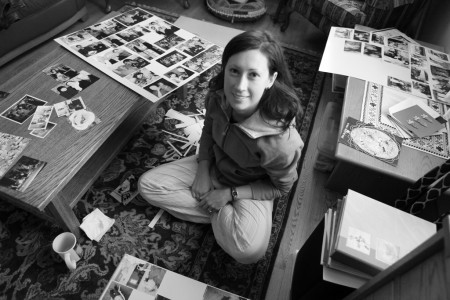
My primary focus in blogging is definitely not the coding side of things. I see myself more as a creator of content than as a technology guy. I don’t even know enough CSS to format things the way I want them. As a result, I am grateful that the Thesis theme makes it easy to have a decent looking site that is friendly to search engines.
Avoid messing around with code
With the Thesis theme, you can easily reconfigure things without ever having to dig into CSS or PHP. You can set up sites with different numbers of columns in different arrangements. There is a multimedia box that can be used in creative ways. Thesis also lets you tinker with things like fonts and colours without having to edit any code.
Also, if you want to set up customizations beyond what can be done with Thesis’ various menus, Thesis lets you make all of them in just two files, greatly simplifying the process of upgrading WordPress and Thesis itself. You have a ‘custom’ directory that contains all your special tweaks, and you replace everything else when you upgrade the theme.
Thesis isn’t cheap. It costs US$87 for a personal license (good for one site) or US$164 for a developer’s license (unlimited use). At the same time, that price seems well justified for anyone who is putting a lot of effort into their site and isn’t a web design guru. You want people to take you seriously, and having a decent-looking theme is a big part of that. It would easily take tens of hours to make a site that looks anywhere near as good as Thesis does, and it would be much harder to upgrade your custom setup every time there is a new version of WordPress released (and we all need to keep up with new versions, if only to get security holes patched).
Superior support
Thesis also distinguishes itself in terms of its support community. The theme is updated regularly, maintaining compatibility with the latest versions of WordPress. Rather than having to puzzle over which bits of your site get broken or weirdly modified by the latest WordPress changes, you can just download the updated version of the theme.
Buying it also grants access to support forums, which are extremely useful for both troubleshooting problems and learning how to set up particular customizations. The forums are very useful for helping you set up custom features particular to what you are trying to do with your site, including finding ways to earn a bit of money from ads.
If you are a serious blogger who is still relying on a free WordPress theme, I would recommend thinking seriously about upgrading to Thesis. You will save time that you would have spent agonizing over code; you will present a more appealing look to your readers; and you will improve how your site looks to Google and other search engines, which is critical for building traffic.




